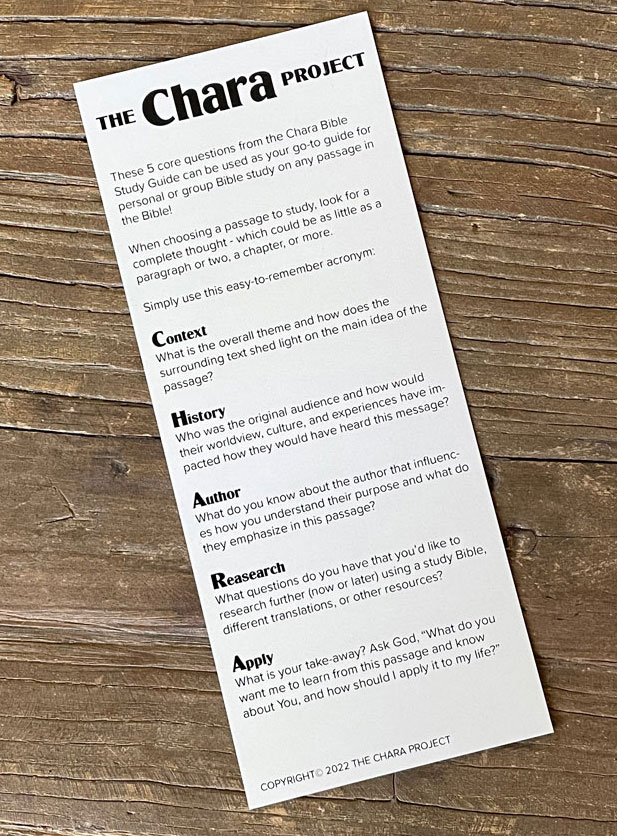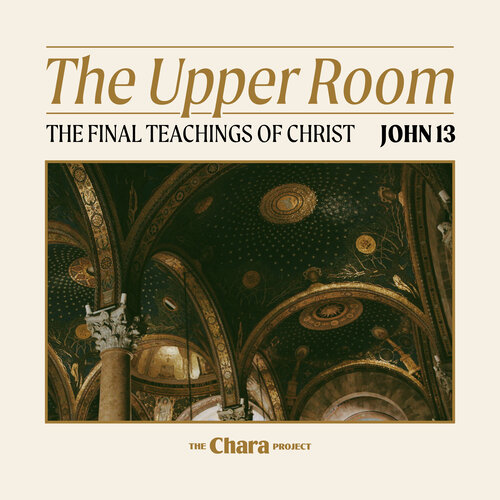DAY 2 – WASHING THE DISCIPLES FEET (JOHN 13:1-18)
As we READ the beginning of John 13, we’ll notice a repetitive pattern in Jesus’ words. Read the verses below and fill in the blanks.
Verse 1: Jesus _______________ the time had come for him to leave this world
Verse 3: Jesus _______________ that the Father had put all things under His power
Verse 11: He _______________ who was going to betray Him
Verse 18: He _______________ those He had chosen
In saying these things, Jesus reminded His disciples (and us) that He is in control. He is all knowing. He is sovereign–has authority over all. He is not bound by time. We don’t just see this here, the author John gave us this information earlier in the book in John 1. Read John 1:1-11 to gain more CONTEXT. What else do you learn about Jesus through these verses?
Before dinner, Jesus washed the feet of the disciples (John 13:4-11), a menial task normally done by a servant. Here He was their LORD, and yet humbled Himself to a SERVANT’S position. Jesus then said, “You do not realize now what I am doing, but later you will understand” (vs. 7, NIV). As we read more about Jesus throughout the New Testament to understand the CONTEXT, we see that He was implying multiple meanings behind this one simple phrase. Let’s look at some of those verses below. He washed His disciples feet to:
-
-
-
- Teach a lesson about servanthood and humility in ministry (Luke 22:27)
-
- Draw the parallel of the sacrifice and selfless act He would soon make on the cross (Philippians 2:5-8)
-
- Show that He was willing to cleanse not only the outside of their bodies but the inside of their heart – their sin (Hebrews 9:11-14)
What significance do these three meanings bring to this one single act?
DIGGING DEEPER (optional): Jesus taught an additional lesson through washing His disciples feet. READ John 13:17 in the NIV (New International Version) translation. What conclusion do you come to when reading this verse? Now READ this verse in the KJV (King James Version). What conclusion do you come to now? Many Bible translations used the word “blessed” — which in the original Greek is correct, but that word in Greek also means happy, privileged or fortunate. Jesus is telling His disciples that if we follow His example by serving others in the name of Christ, we will be HAPPY. How does that change your interpretation of this verse?



